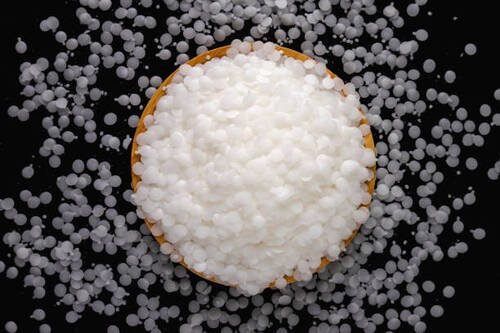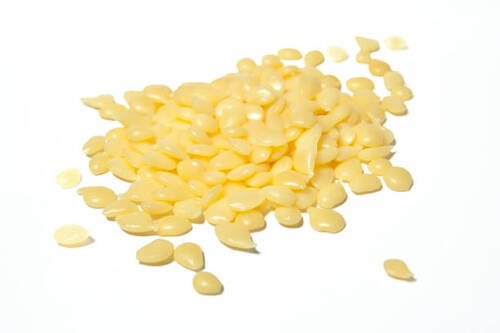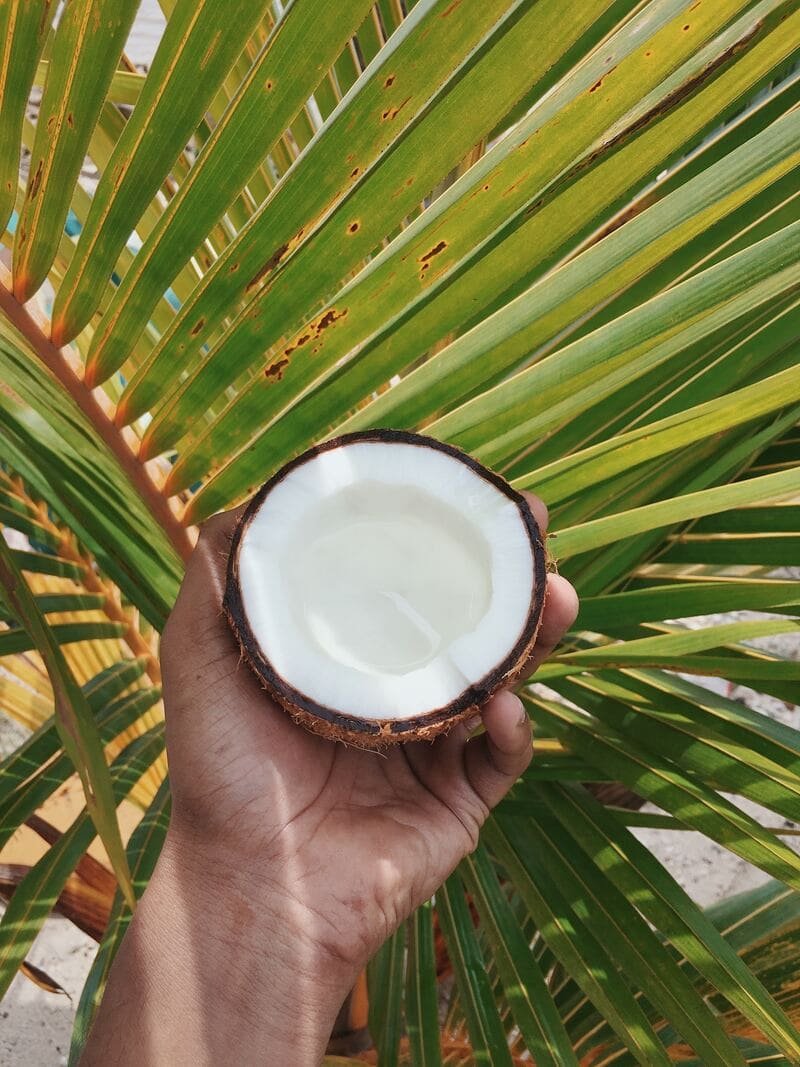Struggling to ensure your beeswax meets the highest ethical and sustainability standards? It’s a challenge that many businesses face when seeking reliable and eco-friendly suppliers.
At Beezora, we understand that sourcing ethical beeswax isn't just about quality—it’s about aligning with values like sustainability, fair trade, and ecological responsibility. Let's explore how certifications can guide your decision-making and help you build a trustworthy supply chain.
Certifications act as a stamp of credibility, ensuring that the beeswax you source meets global ethical and quality standards. From organic certification to fair trade labels, these certifications provide assurance that the product aligns with your eco-conscious goals.
But how do you identify the right certifications that resonate with your brand values? Let’s dive into the key ones you need to know.
Which Certifications Matter Most?
- USDA Organic Certification
If you’re seeking pure, chemical-free beeswax, USDA Organic certification is a must. This label ensures that the beeswax is sourced from hives where no synthetic pesticides or antibiotics were used. Learn more here. - Fair Trade Certification
Supporting ethical labor practices is crucial. A Fair Trade label guarantees that the beeswax is sourced from beekeepers who receive fair wages and operate under ethical working conditions. More information here. - Ecocert Certification
Particularly popular in Europe, Ecocert focuses on environmentally friendly production processes. It’s a great choice for businesses prioritizing sustainability in their product lines. Check this out.
What About Sustainability and Biodiversity Certifications?
- Rainforest Alliance Certification
Beeswax sourcing can impact biodiversity. The Rainforest Alliance certification ensures that production practices protect local ecosystems and promote sustainability. Explore details here. - ISO 14001 Environmental Management
This globally recognized certification proves that the supplier adheres to robust environmental management standards, reducing their ecological footprint. Read more. - Non-GMO Project Verified
For beeswax to qualify as Non-GMO, it ensures the bees' feed and habitat are free of genetically modified organisms. Understand more.
How Do Certifications Benefit Your Business?
- Build Consumer Trust
Certifications help you demonstrate your commitment to ethical practices, building trust with eco-conscious customers. - Simplify Compliance
Many markets have stringent regulations on sustainable and ethical sourcing. Certifications make compliance easier. - Enhance Brand Value
A certified product speaks volumes about your values, positioning your brand as a leader in sustainability.
What Red Flags Should You Avoid?
When evaluating certifications, watch out for:
- Unverified Claims
Some suppliers might make “green” claims without backing them up. Always verify certifications with third-party audits. - Lack of Transparency
Ethical sourcing demands full transparency. If a supplier hesitates to share their certifications or processes, it’s a warning sign.
How Can You Verify Certifications?
- Check Regulatory Bodies
Always cross-check certifications on the official websites of regulatory bodies. For example, USDA’s certification database is publicly available. - Request Documentation
Legitimate suppliers should readily provide certification documents and renewals. - Conduct Site Audits
Whenever possible, conduct in-person or virtual audits to verify ethical practices on the ground.
Questions You Should Be Asking
- What specific certifications do my customers care about?
- Are my suppliers’ certifications up-to-date and verifiable?
- How can I incorporate certification standards into my own supply chain processes?
- What are the long-term benefits of investing in ethically certified products?
- How do certifications align with global sustainability trends?
More Questions and Answers
Q: Can certifications increase my profit margins?
A: Yes. Certified products often command premium pricing as customers value sustainability.
Q: What if a supplier lacks certification but claims to follow ethical practices?
A: Without certifications, it’s difficult to verify their claims. Consider conducting thorough audits or choosing a certified alternative.
Q: Are certifications mandatory for export markets?
A: Some markets like the EU and the US highly encourage or require certifications for sustainable products.
Conclusion
Certifications aren’t just labels—they’re a testament to your commitment to ethical and sustainable sourcing. By prioritizing certifications like USDA Organic, Fair Trade, and Ecocert, you not only ensure product quality but also strengthen your brand’s reputation.
At Beezora, we’re proud to support your journey toward a more ethical supply chain. Let’s make sustainability the standard in beeswax sourcing.
4o





